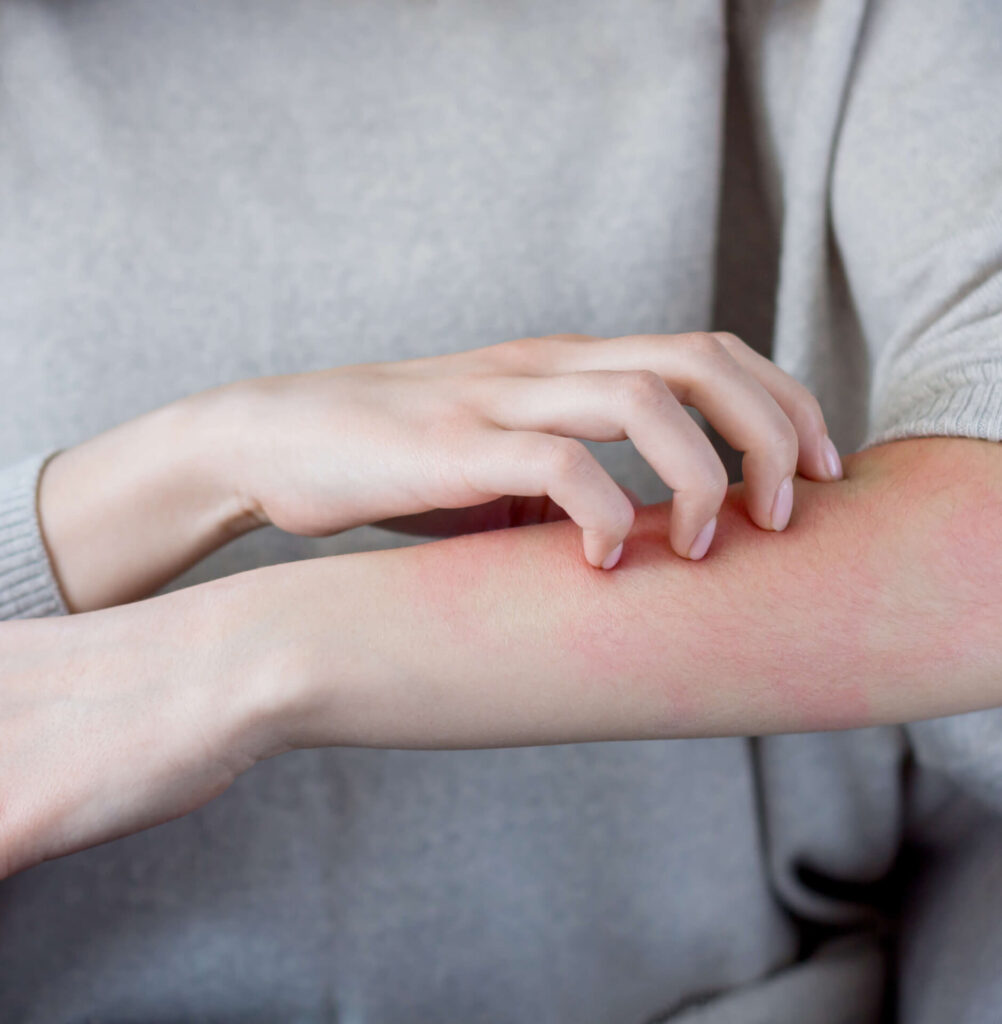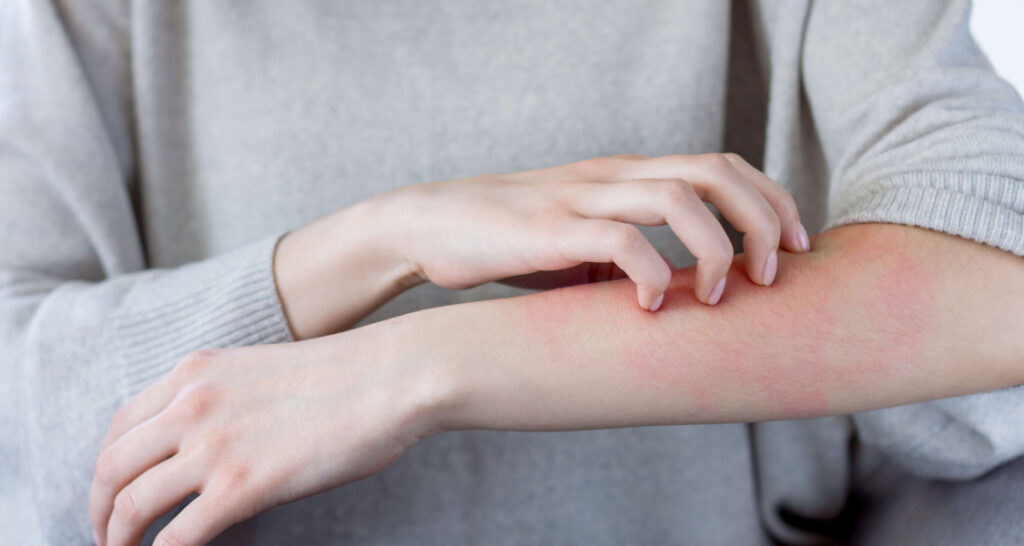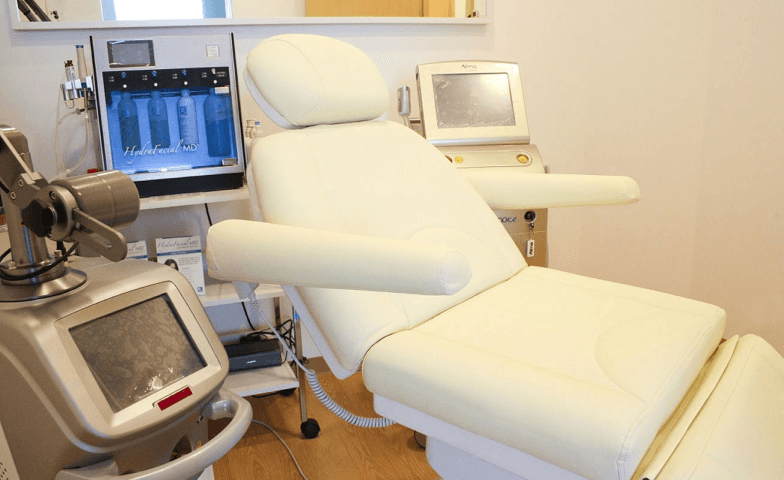Diagnosis Of A Skin Infection
Your dermatologist may use one or a combination of the following methods to diagnose an ongoing skin infection.
-
Medical History
Your doctor will take your medical history and ask about your symptoms and their timeline and possible risk factors.
-
Physical Examination
Oftentimes, a good physical examination can already help the doctor identify the type of skin infection based on the appearance and location of the bumps, rashes, or lesions.
-
Skin Culture or Biopsy
This is a test to identify what microorganism is causing your skin infection by swabbing or scraping your skin or wound to take a sample and looked into a microscope.
-
Blood Tests
Blood tests such as a complete blood count can give a general picture of whether your skin infection is caused by bacteria, viruses, or fungi.











